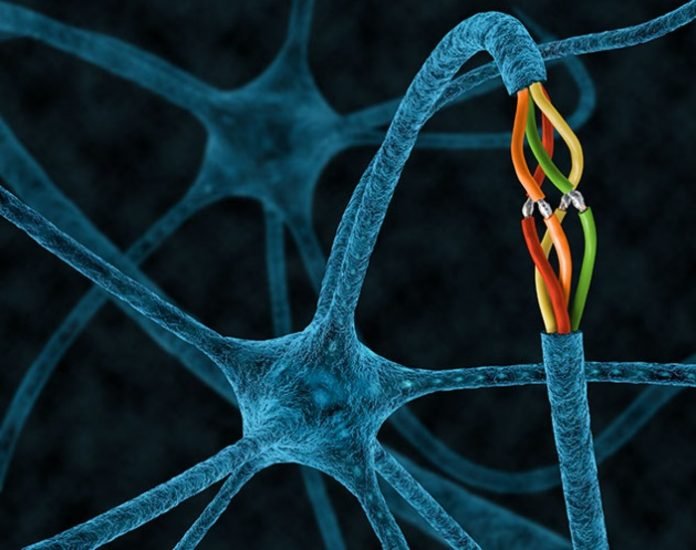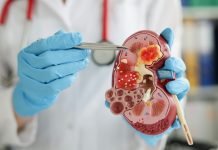
In a new study from University of Queensland, researchers found a molecule essential for regulating the repair of injured nerves, which could help people recover from nerve damage.
The study reveals that the enzyme ADM-4 is an essential protein regulating the molecular glue, or fusogen, needed for nerve repair.
The finding was made using the nematode worm C. elegans which has long been studied by researchers for its ability to self-repair nerve cells.
Animals lacking ADM-4 cannot repair their nerves by fusion.
Therefore, ADM-4 must function within the injured neuron to stabilize the fusogen EFF-1 and allow the membranes of the separated nerves to merge.
An exciting part of this discovery is that ADM-4 is similar to a mammalian gene, opening up the possibility that one day we may harness this process in humans.
As the researcher said the nematode provided a great platform for these studies.
The aim of the study is to uncover the molecules and understand their role in nerve repair in C. elegans.
If researchers can understand how to control this process, they can apply this knowledge to other animal models.
Hopefully, one day, people could induce the same mechanical process in people who have had a nerve injury.
Up to now, there is still a long way to realize the goal, but the discovery of ADM-4’s role is an important step forward.
Nerve cells communicate using long, cable-like structures called axons.
As they are long and thin, they are very susceptible to breaking, which stops nerve cells from communicating and leads to issues like paralysis.
A few years ago, researchers discovered that C. elegans could spontaneously re-join two separated axon fragments, a process called axonal fusion.
Using neurosurgery to stitch together damaged nerves has limited success.
A different approach using gene technology to directly provide the molecular glue, or activate the fusogen regulator ADM-4, or using pharmacology to activate these components, may facilitate complete regeneration.
If you care about brain health, please read studies about new study confirms COVID patients have higher risk for this brain disease, and findings of common high blood pressure drug that can help repair blood vessels in brain.
For more information about cognitive health, please see recent studies about scientists find how to repair damaged brain after stroke, and results showing that fighting dementia with play: cognitive training may improve brain function.
The study was conducted by Xue Yan Ho et al., and published in Science Advances.
Copyright © 2022 Knowridge Science Report. All rights reserved.




